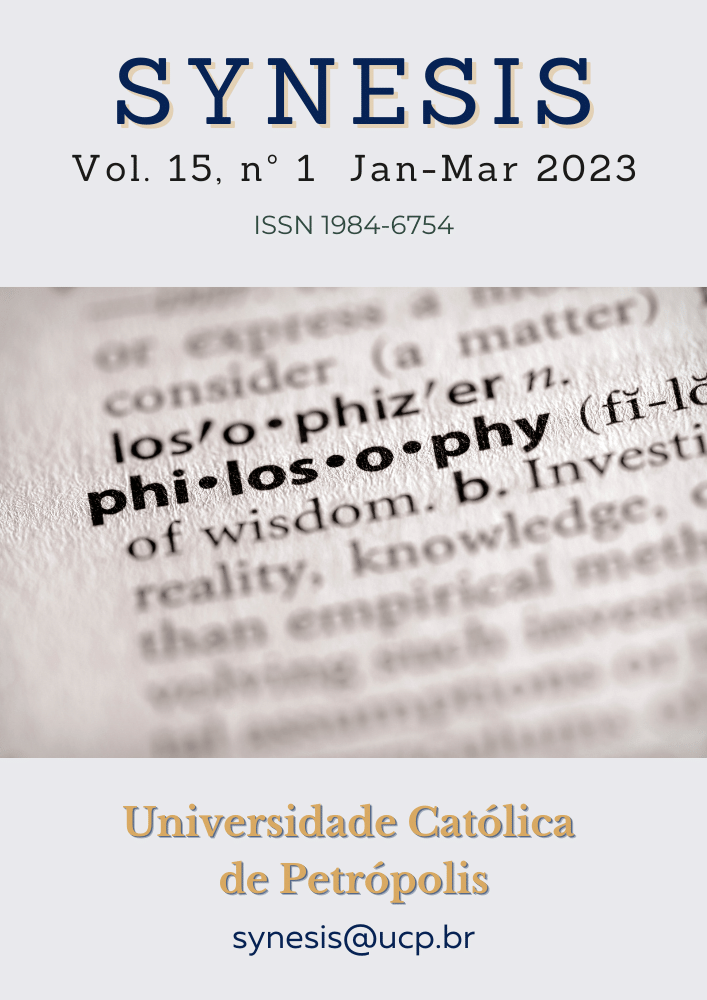Resumo
A transição da Ucrânia para a democracia requer estudar a experiência de formação de líderes políticos em países em desenvolvimento. Em particular, a liderança política, em particular os valores, a ideologia e as políticas do líder, determinam o nível de democracia em um país. Os resultados da pesquisa fornecem evidências do impacto da liderança política na democratização e no crescimento econômico. Foi estabelecido que a liderança determina os valores e prioridades para o desenvolvimento dos sistemas políticos e econômicos, bem como a democratização tem um efeito positivo no crescimento econômico sob a condição de uma economia aberta, unidade e solidariedade dos princípios dos líderes dentro do partido e a oposição. O crescimento dos protestos da oposição e o conservadorismo das lideranças políticas levam à diminuição do nível de cultura política, das liberdades civis e da efetividade das ações do governo. Como resultado, o nível de desenvolvimento econômico diminui.
Referências
Abed, G. T., & Davoodi, H. R. (2000). Corruption, structural reforms, and economic performance in the transition economies. IMF Working Paper, No. 00/132. Available at: https://papers.ssrn.com/sol3/papers.cfm?abstract_id=879906#.
Beck, T., & Laeven, L. (2006). Institution building and growth in transition economies. Journal of Economic Growth, 11 (2), 157–186. Available at: https://doi.org/10.1007/s10887-006-9000-0.
Brack, N., & Startin, N. (2015). Introduction: Euroscepticism, from the margins to the mainstream. International Political Science Review, 36 (3), 239–249. Available at: https://doi.org/10.1177%2F0192512115577231.
Brubaker, R. (2017). Between nationalism and civilizationism: the European populist moment in comparative perspective. Ethnic and Racial Studies, 40 (8), 1191–1226. Available at: https://doi.org/10.1080/01419870.2017.1294700.
Cabada, L., & Tomšič, M. (2016). The rise of person-based politics in the new democracies: The Czech Republic and Slovenia. Politics in Central Europe, 12 (2), 29–50. Available at: https://doi.org/10.1515/pce-2016-0011.
Csehi, R., & Zgut, E. (2021). We won’t let Brussels dictate us: Eurosceptic populism in Hungary and Poland. European Politics and Society, 22 (1), 53–68. Available at: https://doi.org/10.1080/23745118.2020.1717064.
Filatotchev, I., Wright, M., Uhlenbruck, K. et al. (2003). Governance, organizational capabilities, and restructuring in transition conomies. Journal of world business, 38 (4), 331–347. Available from: https://doi.org/10.1016/j.jwb.2003.08.019.
Freedom House. (2020). Nations in Transit 2020, 2021. Available at: https://freedomhouse.org/report/nations-transit.
Giavazzi, F., & Tabellini, G. (2005). Economic and political liberalizations. Journal of monetary economics, 52 (7), 1297–1330. Available at: https://doi.org/10.1016/j.jmoneco.2005.05.002.
Glaeser, E. L., La Porta, R., Lopez-de-Silanes, F. et al. (2004). Do institutions cause growth. Journal of economic Growth, 9 (3), 271–303. Available at: https://doi.org/10.1023/B:JOEG.0000038933.16398.ed.
Jones, B. F., & Olken, B. A. (2005). Do leaders matter? National leadership and growth since World War II. The Quarterly Journal of Economics, 120 (3), 835–864. Available at: https://doi.org/10.1093/qje/120.3.835.
Kovacic, W. E. (2001). Instututional Foundations for Economic Legal Reform in Transition Economies: The Case of Competition Policy and Antitrust Enforcement. Chi.-Kent L. Rev., 77, 265. Available at: https://papers.ssrn.com/sol3/papers.cfm?abstract_id=1955989.
Krašovec, A., & Johannsen, L. (2016). Recent developments in democracy in Slovenia. Problems of Post-Communism, 63 (5–6), 313–322. Available at: https://doi.org/10.1080/10758216.2016.1169932.
Krašovec, A., & Lajh, D. (2020). Slovenia. In The European Parliament Election of 2019 in EastCentral Europe, p. 253–275. Palgrave Macmillan, Cham. Available at: https://www.palgrave.com/gp/book/9783030408572.
Markowski, R., & Tucker, J. A. (2010). Euroscepticism and the emergence of political parties in Poland. Party politics, 16 (4), 523–548. Available at: https://doi.org/10.1177%2F1354068809345854.
O'Dwyer, C., & Schwartz, K. Z. (2010). Minority rights after EU enlargement: A comparison of antigay politics in Poland and Latvia. Comparative European Politics, 8 (2), 220–243. Available at: https://doi.org/10.1057/cep.2008.31.
Ogbeidi, M. M. (2012). Political leadership and corruption in Nigeria since 1960: A socio-economic analysis. Journal of Nigeria studies, 1 (2). Available at: https://nairametrics.com/wpcontent/uploads/2013/03/Political_leadership.pdf.
Przeworski, A., Alvarez, M., Cheibub, J. A., et al. (1997). What makes democracies endure. Lua Nova: Revista de Cultura e Política, (40–41), 113–135, Available at: https://doi.org/10.1353/jod.1996.0016.
Shleifer, A. (1997). Government in transition. European Economic Review, 41 (3–5), 385–410. Available at: https://doi.org/10.1016/S0014-2921(97)00011-1.
Skvortsova, D. S. (2010). Poland and the European Union: The Road to Integration (1989-2004). Via in tempore. History. Political Science, 13 (1 (72),
Stanojevi, M. (2003). Workers’ power in transition economies: the cases of Serbia and Slovenia. European Journal of Industrial Relations, 9 (3), 283–301. Available at: https://doi.org/10.1177%2F09596801030093003.
The Economist Intelligence Unit Limited. Democracy Index 2020, 2021. Available at: https://www.eiu.com/n/campaigns/democracy-index-2020-download-success.
Tworzecki, H., & Semetko, H. A. (2012). Media use and political engagement in three new democracies: Malaise versus mobilization in the Czech Republic, Hungary, and Poland. The International Journal of Press/Politics, 17 (4), 407–432. Available at: https://doi.org/10.1177%2F1940161212452450.
Wheatley, J. (2017). Georgia from national awakening to Rose Revolution: delayed transition in the former Soviet Union. London: Routledge.
World Bank. GDP growth (annual %), 2021. Available at: https://data.worldbank.org/indicator/NY.GDP.MKTP.KD.ZG?view=chart.
World Values Survey. WVS Wave 6 (2010–2014). Available at: https://www.worldvaluessurvey.org/WVSDocumentationWV6.jsp.
Yifu Lin, J., Cai, F., & Li, Z. (1996). The lessons of China's transition to a market economy. Cato J., 16, 201. Available at: https://www.cato.org/sites/cato.org/files/serials/files/catojournal/1996/11/cj16n2-3.pdf.

Este trabalho está licenciado sob uma licença Creative Commons Attribution-NonCommercial-NoDerivatives 4.0 International License.
Copyright (c) 2023 Synesis (ISSN 1984-6754)

